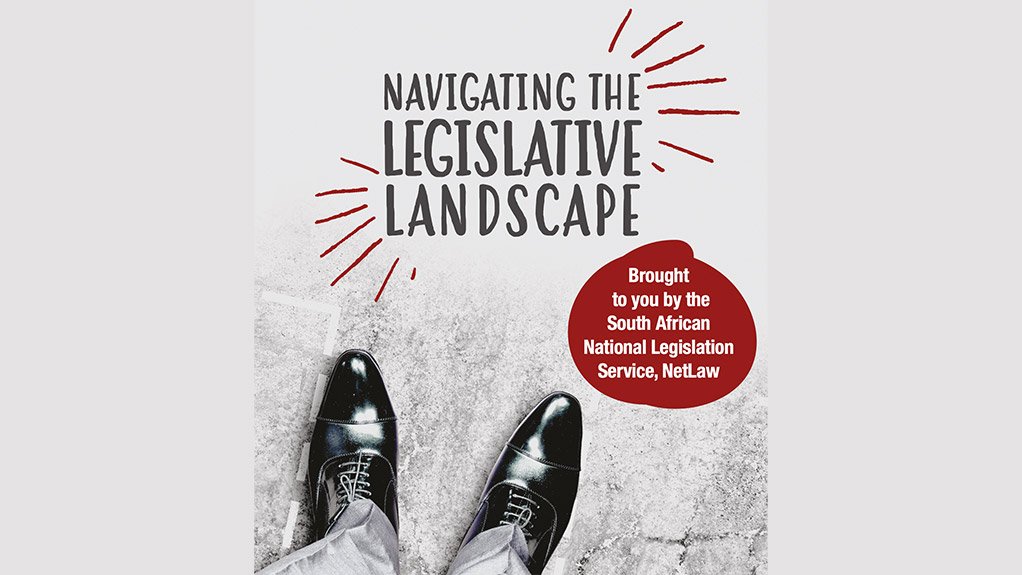The Constitution of a newly democratic South Africa was promulgated by President Nelson Mandela in 1996 and came into effect on 4 February 1997. Not only is it the highest law of our land, but it is also widely regarded as the most progressive Constitution in the world, with a Bill of Rights second to none.
As the supreme law of our country, the Constitution provides the legal foundation for the existence of the Republic, sets out the rights and duties of its citizens and defines the structure of the Government. The effect of constitutional supremacy is that all other legislation and actions by government and the judicial system are subject to the provisions contained within the Constitution.
“The Constitution forms the basis of law studies and research,” says Sanet Vos, Sabinet’s Head of Product. “It sets out how all the elements of a Government are organised and contains rules on how a country is governed. Whether you need to do research in preparation for a court case, appeal to the Constitutional Court, or complete a Master’s thesis, your first port of call is the Constitution.”
Sabinet’s comprehensive access to online resources includes a nifty handbook to the law-making process as well as free access to the South African constitution – making navigating the law, easier. “It is an area of law that needs to be absorbed by all students in law, as well as the broader society as it affects every citizen of our country. The Constitution of the Republic of South Africa ensures that the rule of law is maintained and provides for the separation of powers,” says Vos.
The Constitution contains 14 Chapters, namely:
- Founding Provisions
- Bill of Rights
- Co-operative Government
- Parliament
- The President and National Executive
- Provinces
- Local Government
- Courts and Administration of Justice
- State Institutions Supporting Constitutional Democracy
- Public Administration
- Security Services
- Traditional Leaders
- Finance
- General Provisions
There is also a set of seven Schedules and Annexures, covering items such as Election Procedures, Oaths and Repealed Laws.
Since 1996, the Constitution has been amended by 17 Amendment Acts. The most recent amendment was in 2013 to: define the role of the Chief Justice as the head of the judiciary; to provide for a single High Court of South Africa; to provide that the Constitutional Court is the highest court in all matters; to further regulate the jurisdiction of the Constitutional Court and the Supreme Court of Appeal; to provide for the appointment of an Acting Deputy Chief Justice; and to provide for matters connected therewith.
Sabinet provides comprehensive libraries of South African legal content to lawyers, students, universities, commercial departments and anyone who wants to stay up to date with current legislation.
Click here to download our law-making handbook, including access to the constitution.
Click here to download our law-making guide, including access to the constitution.
EMAIL THIS ARTICLE SAVE THIS ARTICLE ARTICLE ENQUIRY
To subscribe email subscriptions@creamermedia.co.za or click here
To advertise email advertising@creamermedia.co.za or click here











